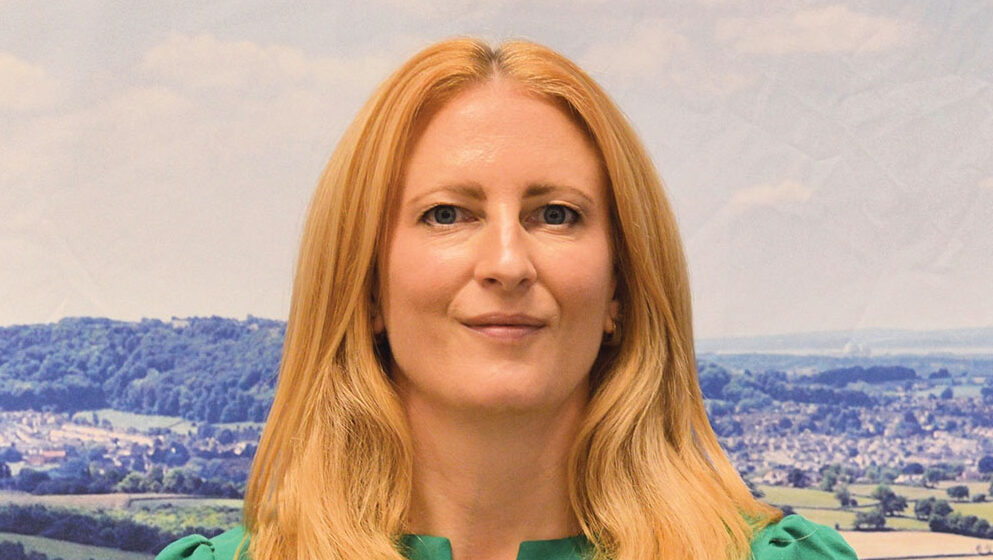Here we are again, the end of another busy year, looking ahead to what challenges lie ahead.
As I’ve sifted through the various trials and tribulations of 2024 to write this piece, I feel so very proud of the association and all it has achieved. 2024 was almost a rebirth for us, with a new team, a new Pig Industry Group (PIG) and board, new branding and a new website – and a brand-new government, to boot.
The year started with the PIG elections. Organising the process is no mean feat, but Andrea ensured we hit all our deadlines and voting proceeded smoothly.
I was delighted with the resulting representation of small, medium and corporate producers, indoor and outdoor, and the excellent allied industry members across the primary categories. We needed a strong, challenging governance group to guide us in the next three years, and we certainly got one.
Then we had a big surprise and a real boost – we won the Food Management Today Trade Association of the Year award against some very stiff competition.
Producers, at last, experienced a bit of prolonged market stability, with the pig price holding up remarkably well considering the challenges, including falling EU prices, and input prices remaining fairly balanced.
But the sector has endured a succession of animal rights campaigns and exposés throughout the year, and it would appear a fresh target, in the form of RSPCA Assured, has been sighted.
It’s been a year of two halves politically, but we’ve focused consistently on the two most important policy areas for our sector: farrowing systems, and African swine fever (ASF) preparedness and border controls.
The snap general election took us all by surprise. So that, combined with the loss of Charlie Dewhirst, who needed to start campaigning to successfully secure his seat, was a bit of a shock.
Fortunately, Charlie’s replacement, Tom Haynes, joined us shortly afterwards and has made great strides in engaging with all the new parliamentarians and committees.
As we all know, despite naively believing this Labour government would be more supportive after its earlier promises, we’re unfortunately yet to see any real evidence of this.
ASF and border control
At the start of the year, we requested a meeting with Defra, APHA and various other stakeholders to try to nail the growing concerns around what will happen if ASF arrives in the UK, with regards to restriction zones and export markets.
Although we didn’t get many of the answers we wanted, it helped develop a closer relationship with the relevant civil servants and triggered a renewed effort for clarity for both NPA and AHDB.
So, we began the task of exploring what we can do as a sector to ensure on-farm contingency planning is being completed, as well as wider industry preparedness, in case the worst happens.
We’ve persistently highlighted the risk of ASF entering the UK via contaminated pigmeat, particularly through tourist routes such as the short straits and Dover Port.
We have lobbied the government again and again to close loopholes in the illegal personal imports rules, which they did agree to a few weeks ago, although not to the extent we really wanted and, more importantly, provide the funding desperately required to implement and enforce the existing measures.
We’ve also continued to push for proper implementation of the Border Target Operating Model covering commercial imports, after it has become increasingly clear how vulnerability in the system is being exploited as legal commercial loads are mixed with illegally imported pigmeat and pigmeat bearing the health mark that prohibits it from being sold outside its country of origin.
Farrowing systems
By May we were gearing up for the Pig and Poultry Fair and the official launch of our Commercial Review of Adaptive Farrowing Systems report, written by beloved retired industry vet John Mackinnon. John, ably assisted by ARM’s Tim Miller, did a fantastic job visiting farmers who kindly agreed to participate to provide the evidence base.
The report has helped us develop a pig sector position on farrowing systems and a potential transition. Katie has shed blood, sweat and tears in the process and thanks to all her hard work, we’re now in an excellent position to begin discussions with government, potentially in the new year.
Looking ahead to 2025, we know there is legislative change on the horizon in two important areas, at least, but also a lot of uncertainty over the government’s policy ambitions elsewhere.
From all on the NPA board, PIG and staff, we wish our members a very happy New Year.




